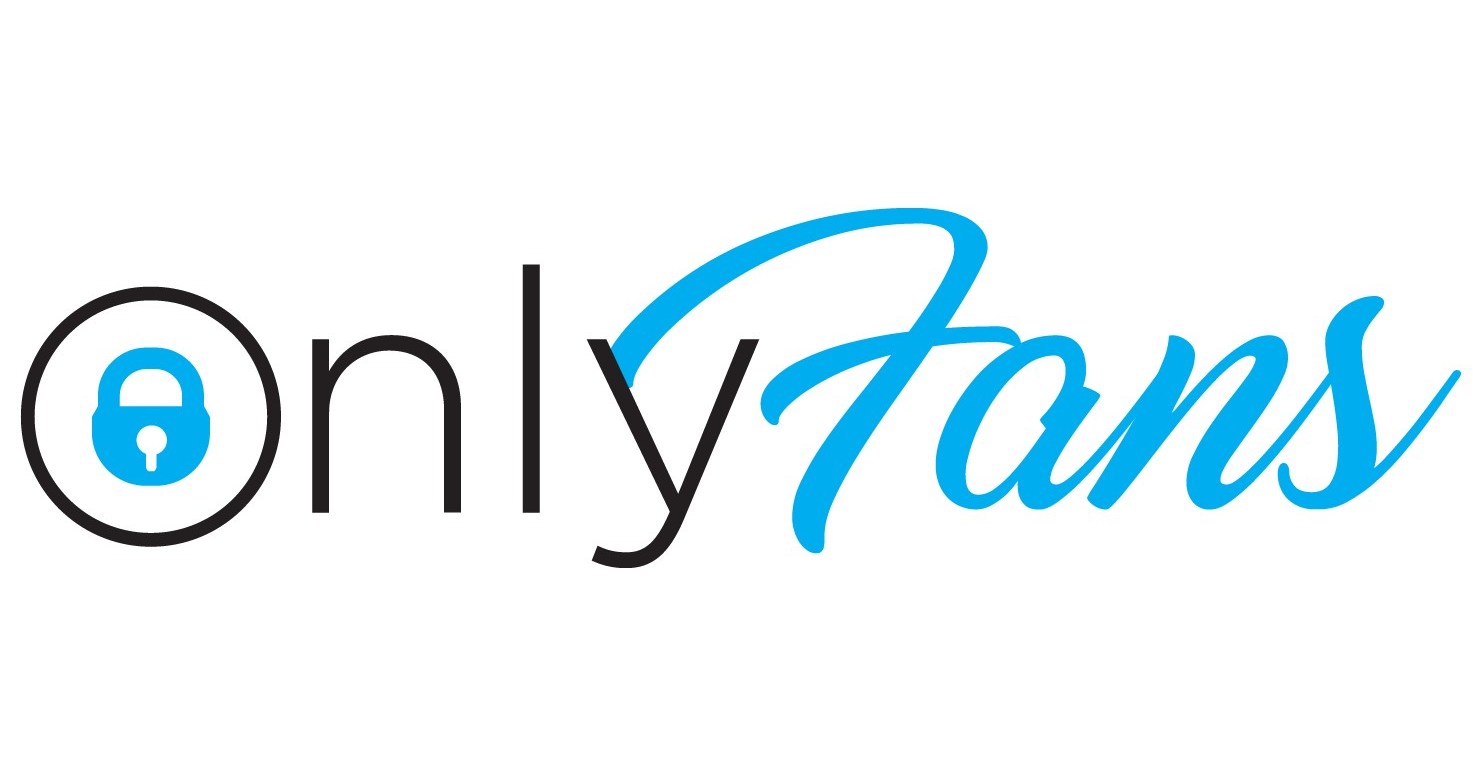All You Need to Know About Domiciliary Accounts in Nigeria
All You Need to Know About Domiciliary Accounts in Nigeria
Opening a domiciliary account in Nigeria is a great way to save money and access foreign currency. It can help you to save money in a foreign currency, which can be beneficial when travelling abroad or making international purchases. It can also help you to manage your finances, as it provides a safe and secure place to keep your money. With so many advantages, it is no surprise that domiciliary accounts in Nigeria are becoming increasingly popular. In this article, we will take a look at what domiciliary accounts are, how they work and the benefits they offer. We will also discuss the requirements for opening a domiciliary account, as well as the fees and charges associated with them. Finally, we will provide some tips for managing your domiciliary account and maximizing its benefits. So, if you are looking to open a domiciliary account in Nigeria, then this article is for you!
What is a domiciliary account?
A domiciliary account is a type of bank account that allows you to store money in a foreign currency, such as the US dollar, British pound or Euro. Domiciliary accounts are available in many countries and can be held in the currency of your choice. A domiciliary account is a special type of banking account that allows individuals to store their money in a foreign currency, usually US dollars or the British pound. Domiciliary accounts can be particularly useful for travellers who often make purchases in foreign currencies, as it allows you to store your money in the same currency. This can help to protect you against exchange rate fluctuations, as any increase or decrease in the value of the currency will affect it equally. It can also be useful for expats who are working abroad and sending money back to their home country. If you are sending money from a foreign country to your domiciliary account, it will be transferred into the currency of your account, meaning that any exchange rate fluctuations will not affect the amount you are sending.
Benefits of a domiciliary account
There are many benefits to opening a domiciliary account. These include being able to save money in a foreign currency, which can be beneficial if you are travelling abroad. You can also use your foreign currency to purchase goods and services in your home country, so it can be useful for travel expenses and daily living expenses. Additionally, if you are sending money abroad, it can be used to transfer funds into your home country at a favourable exchange rate. Finally, a domiciliary account can help you to manage your finances, as it provides a safe and secure place to keep your money.
Requirements for opening a domiciliary account
When opening a domiciliary account, the first thing to consider is what kind of account you want. You can choose between a current account, which is suitable for people who want to make regular deposits and withdrawals, and a savings account, which is better for people who want to keep their money in the account for as long as possible. You will also need to decide where you want to open your account. Different banks offer different types of accounts, so it is important to choose the one that best suits your needs. You will also need to provide your identification documents and proof of address, as well as inform the bank that you want to open a domiciliary account.
In order to open a domiciliary account, you will need to provide your identification documents, such as your national ID or passport, and proof of address, such as a utility bill or your driving license. Additionally, you will need to provide your source of income, as well as complete all the relevant paperwork.
Fees and charges associated with domiciliary accounts
When opening a domiciliary account, you may be charged a monthly maintenance fee, an activation fee, a deposit fee, or all three. You will also usually be charged a fee for withdrawing money from your account, although this can vary from bank to bank. It is important to be aware of all the fees and charges associated with a domiciliary account and make sure you can afford to keep it open. Finally, it is also important to be aware of any regulations surrounding domiciliary accounts in your home country. For example, in the UK, you can only open a domiciliary account if you are earning money from outside of the UK. ## Tips for managing a domiciliary account
- Keep track of your income and expenses – It is important to keep track of your income and expenses, so that you can manage your finances effectively. By doing this, you can make sure that you are using your domiciliary account to its full potential.
- Make sure that the domiciliary account is the right account for you – It is important to make sure that the domiciliary account is the right account for you. This can help to ensure that you get the most out of your account and that it is used to its full potential.
- Make sure you have the right amount of money in your account – It is important to make sure that you have the right amount of money in your account. This will help you to make the most out of your account and manage your finances effectively.
- Use your account to make international purchases – Apart from opening a domiciliary account for the purposes of travel, you can also use your account to make international purchases. This can be helpful if you regularly make purchases from outside of your home country and want to protect yourself against exchange rate fluctuations.
Common mistakes to avoid
- Making withdrawals from your account too often – It is important to make sure that you only make withdrawals from your account when you need to. This will help to ensure that you only take out the money that you really need.
- Not keeping track of the exchange rate – It is important to keep track of the exchange rate, so that you can make sure that you are getting the best exchange rate possible.
- Not keeping track of the charges and fees associated with your account – It is important to keep track of the charges and fees associated with your account. This will help you to manage your finances effectively and avoid any unnecessary charges.
- Forgetting to update your account details – It is important to update your account details regularly, so that your bank can keep in touch with you.
- Not opening a domiciliary account that works for you – It is important to make sure that the account you open is the right account for you. This will help you to get the most out of your account and manage your finances effectively.
Alternatives to domiciliary accounts
There are many different types of accounts you can open in Nigeria. They include savings accounts, fixed term investment accounts, current accounts, joint accounts, trusts, and fixed deposit accounts. Depending on your needs, there may be a better option for you than a domiciliary account. It is important to consider your needs and choose the account that best suits you.
If you are looking to make regular deposits and withdrawals from your account, then a current account may be a better option for you than a domiciliary account. Alternatively, if you want a safe place to store your money, then a savings account may be a better choice for you.
Conclusion
A domiciliary account is a special type of banking account that allows individuals to store their money in a foreign currency, usually US dollars or the British pound. Domiciliary accounts can be particularly useful for travellers who often make purchases in foreign currencies, as it allows you to store your money in the same currency. It can also be useful for expats who are working abroad and sending money back to their home country.






LEAVE A COMMENT
You must be logged in to post a comment.